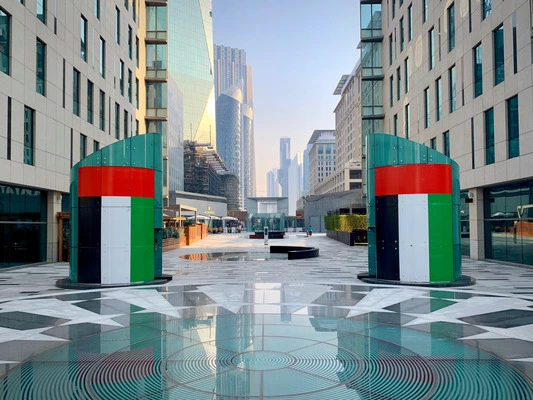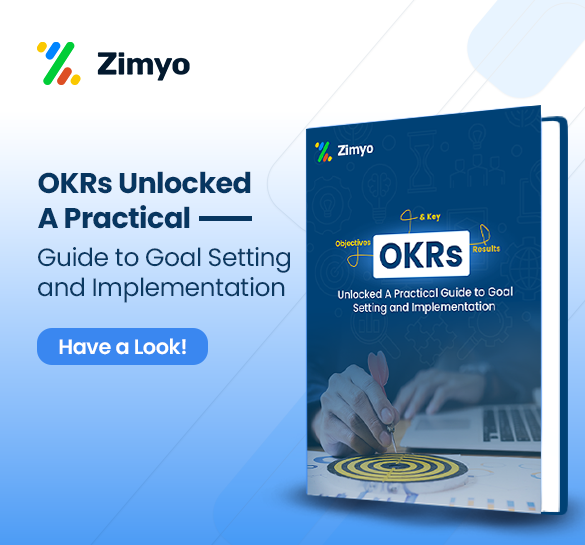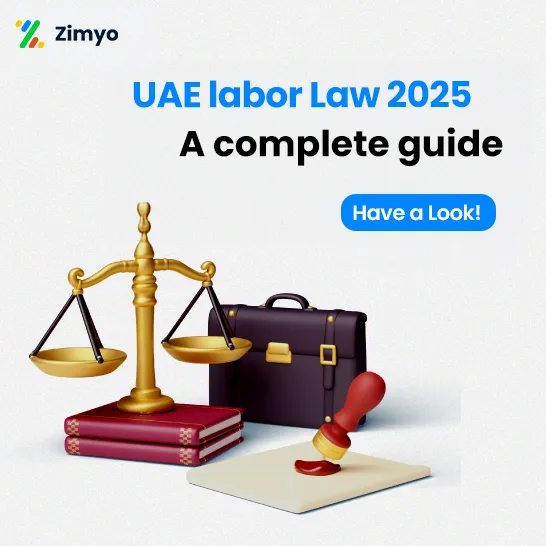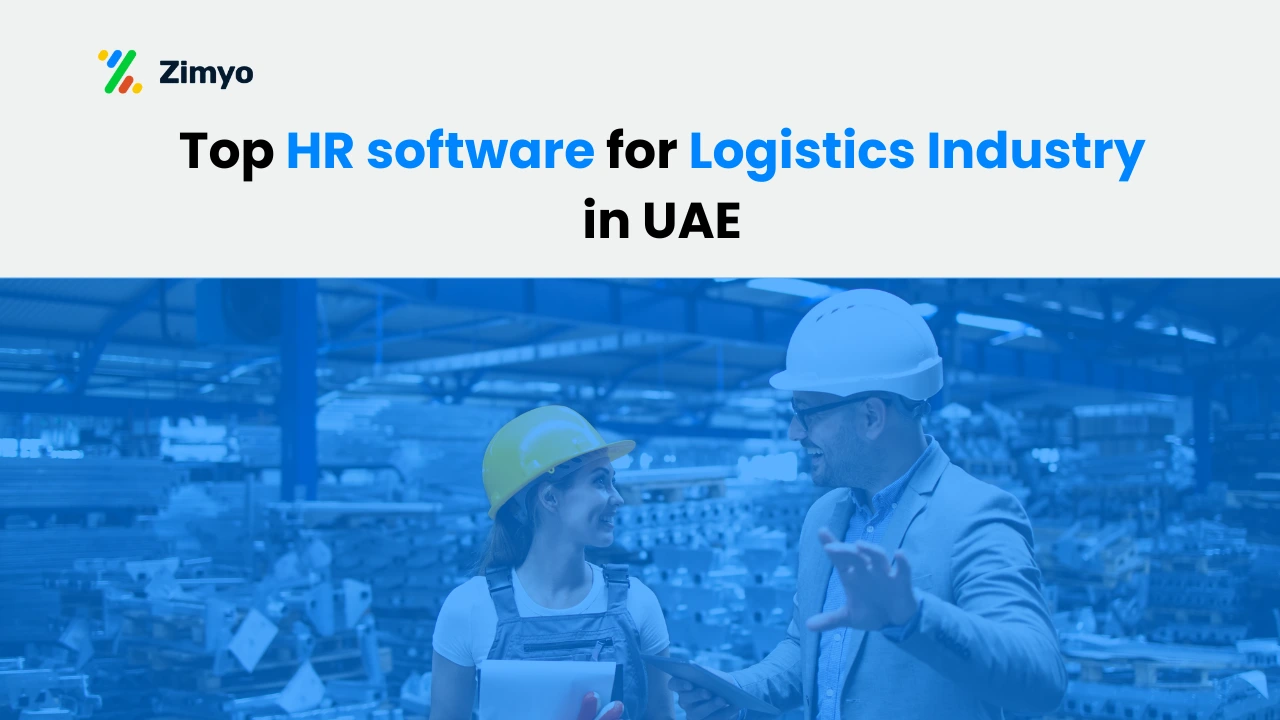UAE, celebrated for its friendly business climate, charge benefits, and network to the world, has enacted the Economic Substance Regulations (ESR). To follow the worldwide standards laid down by the Organization for Economic Co-operation and Development (OECD). These rules, actualized in 2019, prefer at handling issues over “base erosion and benefit shifting” (BEPS) activities. It also at making sure that companies dynamic in the UAE. Not only exploiting the country as a tax haven without much financial movement on the ground.
In this blog, we are going delve into the UAE Economic Substance Regulations in detail, looking at how they work. Which companies are in line, and how these controls can influence your business in the UAE.
What Is UAE Economic Substance Regulations?
Regulations require companies to conduct specific business activities to prove tangible economic activity within the UAE.
The objective behind the regulations is to ensure that businesses in the UAE are genuinely conducting operations in the country. And not merely taking advantage of the jurisdiction’s low or zero tax environment.
Above all rules are applicable to UAE entities as well as foreign entities that are undertaking business activities in the UAE. It mandates that businesses have meaningful, substantial activities in the country to have a legitimate existence.
Who Are Impacted by the UAE Economic Substance Rules?
Rules are applicable to companies and foreign entities that are undertaking one or more of the activities below in the UAE:
- Banking business
- Insurance business
- Investment fund management
- Lease-finance business
- Headquarter business
- Shipping
- Holding company activities
- Intellectual property business
- Distribution and service center activities
These actions are generally consistent with those outlined in the OECD’s BEPS Action 5. It recommends that nations create rules to prevent entities from being mere paper entities that direct profits to low-tax jurisdictions. The ESR is applicable to entities formed in free zones and mainland companies, although there are a few exceptions for certain free zones.
If your company involves in one or more of these activities, it will be subject to the requirements under the ESR.
What is Substantial Economic Activity?
One of the foremost important highlights of the Economic Substance Regulations is the need to prove that a company has economic substance in the UAE. That is, merely in the UAE is insufficient. The company needs to prove that it is undertaking its central activities within the UAE.
For every business activity categorized under the ESR, the law dictates the kind of activities within the UAE. The number of human resources needed, and the minimum financial levels needed for compliance. For instance:
- Management and control: The firm should have a physical office space, staff, and directors within the UAE for the management and control of its operations. Virtual offices or minimum operations.
- Local operations: The business has to conduct local operations including employing workers, delivering services, managing resources, and carrying on business activities that benefit the economy.
For example, a business offering intellectual property (IP) services in the UAE needs to demonstrate ownership of the IP. Possessing staff to deal with and further develop it, and generating revenues from it that are associated with the UAE. In case a business’s business operations are not considered to have significant economic presence in the UAE. They may be penalized or may face exclusion from availing certain benefits like tax treaties.
What Do Reporting Requirements Entail?
The Economic Substance Regulations require entities covered by the rules to file an annual notification with the competent regulatory authority. Further notification will notify authorities whether the company is engaged in any of the relevant activities listed. And whether it is satisfying the economic substance requirement.
Apart from the annual notice, companies are required to file an economic substance report to prove that they are compliant with the rules. The report should contain:
- Information regarding the activities of the entity
- The level of physical presence in the UAE
- Number of employees and job descriptions
- Costs incurred to perform the activities
- Any other substance evidence
Non-compliance with such filing requirements may attract penalties, such as fines, and the possible revocation of the company’s license to trade within the UAE.
Penalties for Non-Compliance
It is under the UAE Economic Substance Regulations attracts hefty penalties. The following penalties are forced on companies that don’t comply with the requirements:
- Fines: Fines in the case will be between AED 10,000 and AED 50,000 for the primary offense. Subsequent offenses will result in higher fines as well as other penalties.
- Striking Off the Entity: For the most serious offenses, companies that do not oblige the ESR by facing fines may have their registration revoked or be struck off the trade register.
- Public Disclosure: The UAE authorities can also release the names of non-compliant organizations, which could be detrimental to the reputation of companies that are not following the rules.
It is important for companies in the UAE to realize that the consequences of non-compliance can be severe. This is not only financially but also as far as reputational risk is concerned.
Impact on Different Types of Businesses
• Free Zone Companies
UAE free zones also provide useful tax regimes and regulatory benefits. Nevertheless, free zone companies that carry on relevant activities must also satisfy the substance requirement under the Economic Substance Regulations. Some free zones, like the Dubai International Financial Centre (DIFC) and Abu Dhabi Global Market (ADGM), impose detailed requirements for businesses in addition to those detailed by the UAE government.
Activities can be exempted from the ESR if the business is carried out in a free zone that offers a “no or low tax” system. But this is only true if the firm does not perform some activities (like banking, insurance, IP, etc.) within the UAE. Free zone companies should determine on their own whether they are exempted or not.
• Mainland Businesses
For mainland companies, the needs are simpler, as they normally conduct business in a more controlled setting than free zone companies. Mainland firms need to be in a position to prove their economic substance within the UAE through physical facilities, local staff, and true business operations.
• Foreign Entities Operating in UAE
Foreign companies that have a permanent establishment or branch in the UAE are also covered by the Economic Substance Regulations. This is to say that if your company is based outside of the UAE but has some presence or is taking up activities in the UAE. It shall be following the ESR by showing that the activities are actually being undertaken within the country.
How to Ensure Compliance
To comply with the Economic Substance Regulations, companies should follow a few steps:
- Business: Identify if your business is conducting any of the subject activities defined under the ESR.
- Substance Evaluation: Check if your company has economic substance in the UAE. Make sure you have sufficient staff, offices, material resources, and activities that can be proved to be a contribution.
- Prepare and Submit Filings: Submit the required notifications and reports to the relevant authorities. Consult with legal or charge advisors to guarantee your filings are adjust and meet the vital standards.
- Seek Professional Advice: Given the complexities of the ESR, it is profoundly advisable to work with legal, tax, and business consultants who are familiar with the controls.
Conclusion
UAE Economic Substance Regulations are a breakthrough that looks to form sure that companies in the country are working with a substantive economic presence and are making commitments to the nearby economy. For companies, compliance is necessary to evade penalties and ensure their business. Whether you’re a free zone company, mainland company, or foreign entity with operations within the UAE, information and compliance with the ESR is vital.
Whereas the rules do introduce a few complexities into doing business in the UAE, they too show a chance for companies to look at. Further fix up their operations to guarantee they meet international guidelines of tax transparency and decency. With expert guidance and forward thinking, companies can proceed to succeed in the UAE. Take advantage of its positive trade climate while meeting international regulatory standards.
Frequently Asked Questions (FAQs)
The ESR helps UAE businesses to undertake genuine economic activity and not merely utilize the country as a tax haven. It brings UAE rules in line with OECD guidelines to fight tax evasion.
ESR mandates specific UAE and foreign entities to prove economic substance such as employees, office locations, and essential operations in the UAE. It is applicable in certain sectors of banking, insurance, and IP.
Non-compliance attracts a fine of AED 10,000 to AED 50,000, potential revocation of the license, and disclosure of the company’s non-compliance status in the public domain.











